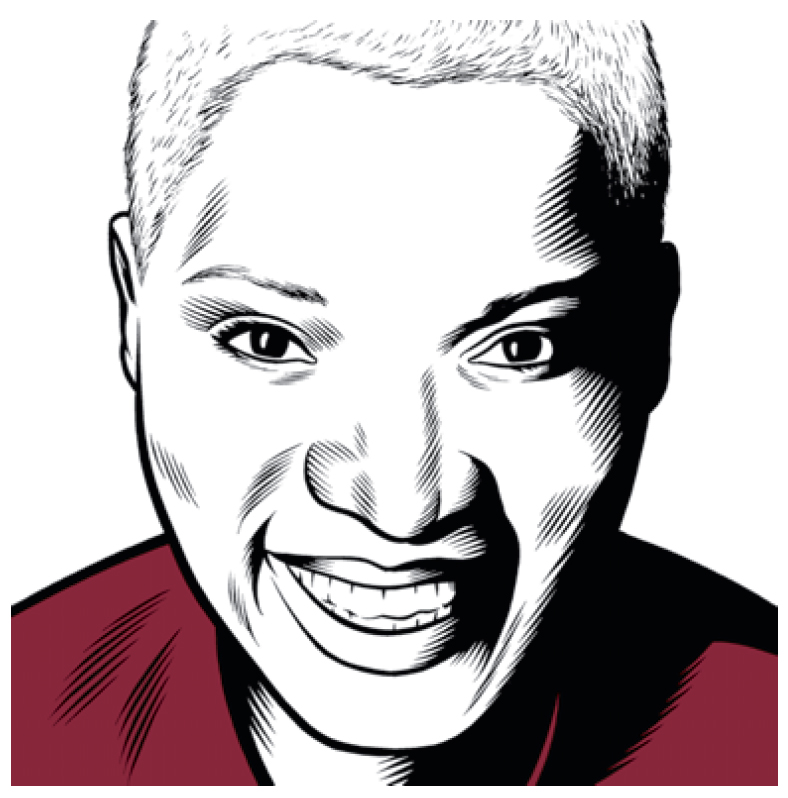It’s best not to speak about the purity of music with singer-songwriter Angélique Kidjo. She simply doesn’t believe it exists. While this might sound odd coming from a woman born into a musical family in Benin who traces her ancestry to the female warrior Amazons, Kidjo couldn’t care less about adhering to a “traditional” sound. Heralded by luminaries such as David Byrne, Gilberto Gil, and Carlos Santana as one of the most important singers to come out of Africa in the last twenty years, Kidjo, with relentless curiosity and mutability as an artist yields a music composed of samba, zouk, rock, Afro-funk, world beat, Caribbean pop, and other less identifiable but equally surprising genres.
Kidjo’s liberal upbringing was incompatible with the Communist regime that took power in Benin when she was a child, and so, with her father’s encouragement, she fled to France. After a few years studying law in Paris, she began using music to speak to and for those forced into the margins of society. In the past twenty-odd years, Kidjo has topped the charts in numerous countries, written and recorded nine albums, and served as an honorary ambassador to UNICEF.
At a recent show in San Francisco, she jumped down from the stage and began mingling with the audience, asking them to sing along in a jubilant call-and-response. Chances are that most people didn’t know what they were actually singing, as Kidjo’s language of choice is Fon, Benin’s primary language, but it hardly mattered. She swept though the crowd, and one could hear each section singing louder as she passed. Older blushing hippies found themselves calling out with beautiful, tone-deaf voices, while younger audience members challenged Kidjo to what seemed like a preemptive dance routine. The young clapped their hands along with the old and everyone followed the petite, strawberry-blond-haired woman like sailors to a siren’s call.
This interview was conducted over the phone from Kidjo’s house in Brooklyn. Her voice engaged even as it disarmed—as if she were singing her sentences.
—Patrick Knowles
I. “I WOULD BE WALKING BACK FORM SCHOOL AND THEY WOULD SAY, ‘LOOK AT HER. THE SINGER, THAT PROSTITUTE, PHEW!'”
BLVR: What was it like to grow up in Benin in the 1970s?
AK: I grew up in a big town—well, compared to the rest of the country it was like a big city. [Laughs] When I was growing up, it wasn’t as developed as it is now. I had more space to play in the street where I used to live. But now all of the empty spaces are taken. People have built things all around. The roads are modern and paved and you have...
You have reached your article limit
Sign up for a digital subscription and continue reading all new issues, plus our entire archives, for just $1.50/month.
Already a subscriber? Sign in





